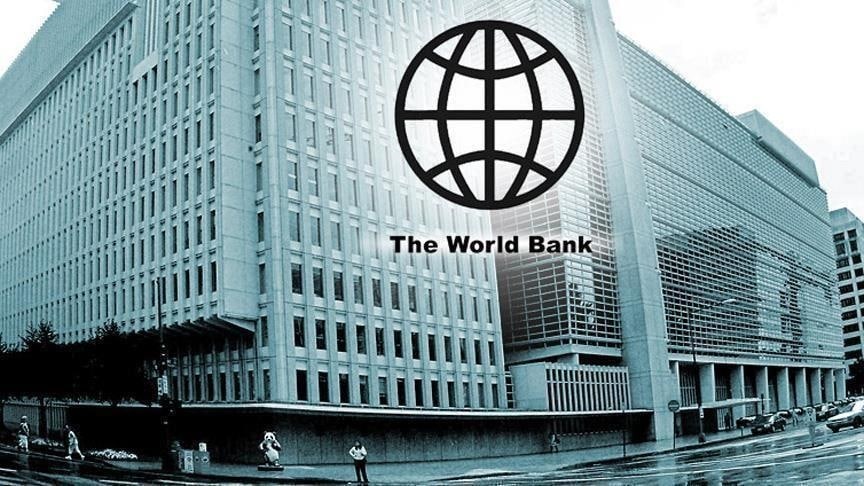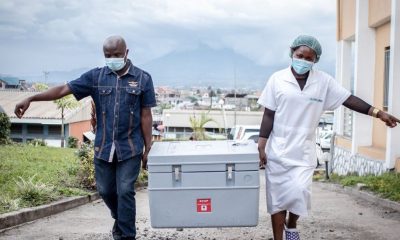Nigeria News
World Bank Halts Loans To Uganda Over Anti-LGBT Law

The World Bank has suspended new loans to Uganda following the nation’s recent enactment of a law criminalizing lesbian, gay, bisexual, and transgender activities.
The legislation, passed earlier this year by the Ugandan government, prescribes life sentences and even the death penalty for convictions.
In a Tuesday statement, the World Bank expressed its disapproval, emphasizing that the law “is not in line with the global development lender’s core values.”
The statement read, “Uganda’s Anti-Homosexuality Act fundamentally contradicts the World Bank Group’s values.
“We believe our vision to eradicate poverty on a livable planet can only succeed if it includes everyone irrespective of race, gender, or sexuality.
“This law undermines those efforts. Inclusion and non-discrimination sit at the heart of our work around the world.
“Immediately after the law was enacted, the World Bank deployed a team to Uganda to review our portfolio in the context of the new legislation.
“That review determined additional measures are necessary to ensure projects are implemented in alignment with our environmental and social standards.
“Our goal is to protect sexual and gender minorities from discrimination and exclusion in the projects we finance. These measures are currently under discussion with the authorities.
“No new public financing to Uganda will be presented to our board of executive directors until the efficacy of the additional measures has been tested.
“Third-party monitoring and grievance redress mechanisms will significantly increase, allowing us to take corrective action as necessary.”
The World Bank, however, noted it still maintains a longstanding and productive relationship with Uganda despite the development.
It added, “We remain committed to helping all Ugandans, without exception, escape poverty, access vital services, and improve their lives.”












